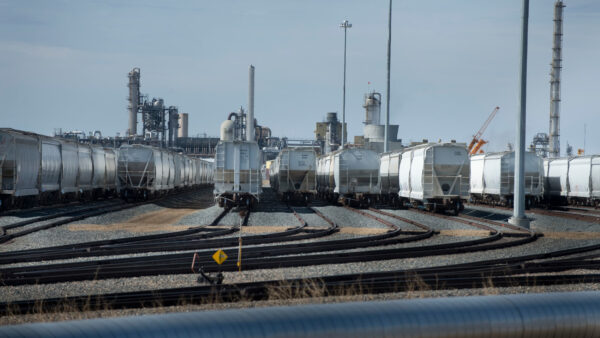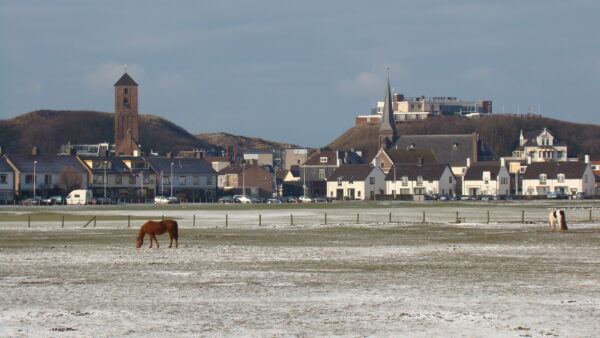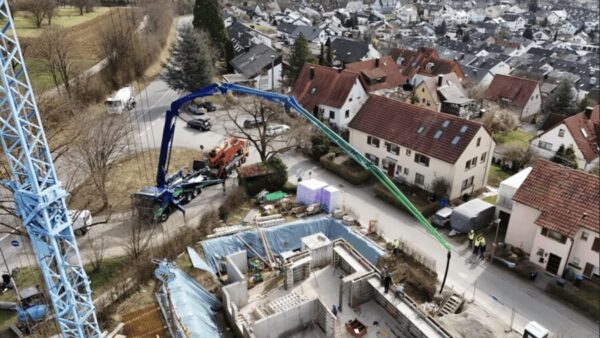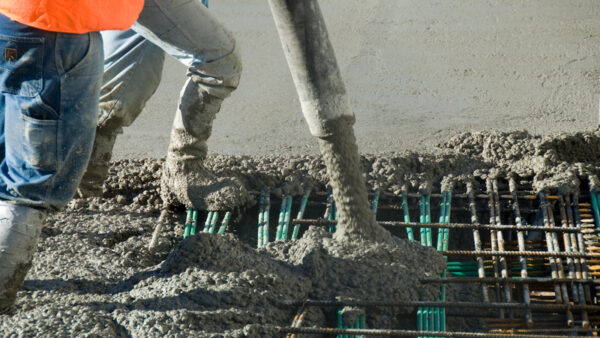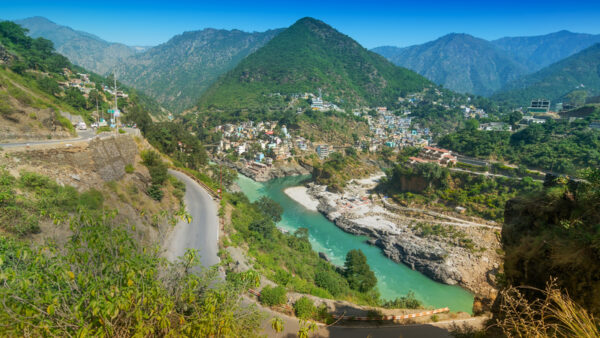Brazil’s former president Luiz Inacio Lula da Silva (known as Lula) spent his first night in prison yesterday after a dramatic standoff in which he initially refused to accept his 12-year sentence for corruption.
He was previously convicted of receiving a renovated beachfront apartment worth approximately $1m as a bribe from engineering firm OAS, which emerged from the cascading “Lava Jato” (car wash) corruption investigation that has shaken the country’s political and business elites.
Hundreds of protesters rallied to his support after Brazil’s Supreme Court ruled on Thursday (5 April), with a majority of one, that he must serve his sentence.
Two last-minute appeals failed.
His sentence is likely to see him disqualified from running in October’s presidential election, which polls have suggested he would win.
However, while a convict would normally be barred from standing for election, Brazil’s top electoral court has yet to make a final decision in the case of Lula, the BBC reported.
The divided Supreme Court may also revisit an earlier ruling that sends convicted criminals to prison if their first appeal fails, reported Reuters, which has fanned the hopes of Lula’s supporters that his imprisonment may only be temporary.
The leader of the Workers’ Party, Gleisi Hoffmann, claimed that Lula was “a political prisoner” and that his party would not give up the fight to free him, reported BBC.
On Saturday Lula appeared on stage with his successor Dilma Rousseff near Sao Paolo in defiance of the Supreme Court’s ruling, sparking a national drama, before turning himself in to police that evening.
Footage of Lula’s subsequent journey in a convoy of police SUVs to the helicopter that took him to Sao Paolo airport was broadcast nationwide. From there he was flown to the southern city of Curitiba to start his sentence.
Starting in 2014, the Lava Jato investigation sparked one of the largest corruption scandals in history, and has led to the prosecution and imprisonment of dozens of officials and executives, including a number of senior politicians.
Testimony revealed that construction companies formed a cartel in 2003 to overcharge Petrobras for building contracts, and then paid some of the illicit cash to Petrobras executives and politicians from several parties.
Odebrecht, one of the large construction firms involved in the ring, saw its former chief executive, Marcelo Odebrecht, sentenced to 19 years in prison in March 2016 after being convicted of paying more than $30m in bribes to Petrobras executives.
Image: Luiz Inácio Lula da Silva, when president in 2007, with then First Lady, Marisa LetÃcia (Ricardo Stuckert /Wikimedia Commons)
Further Reading:





